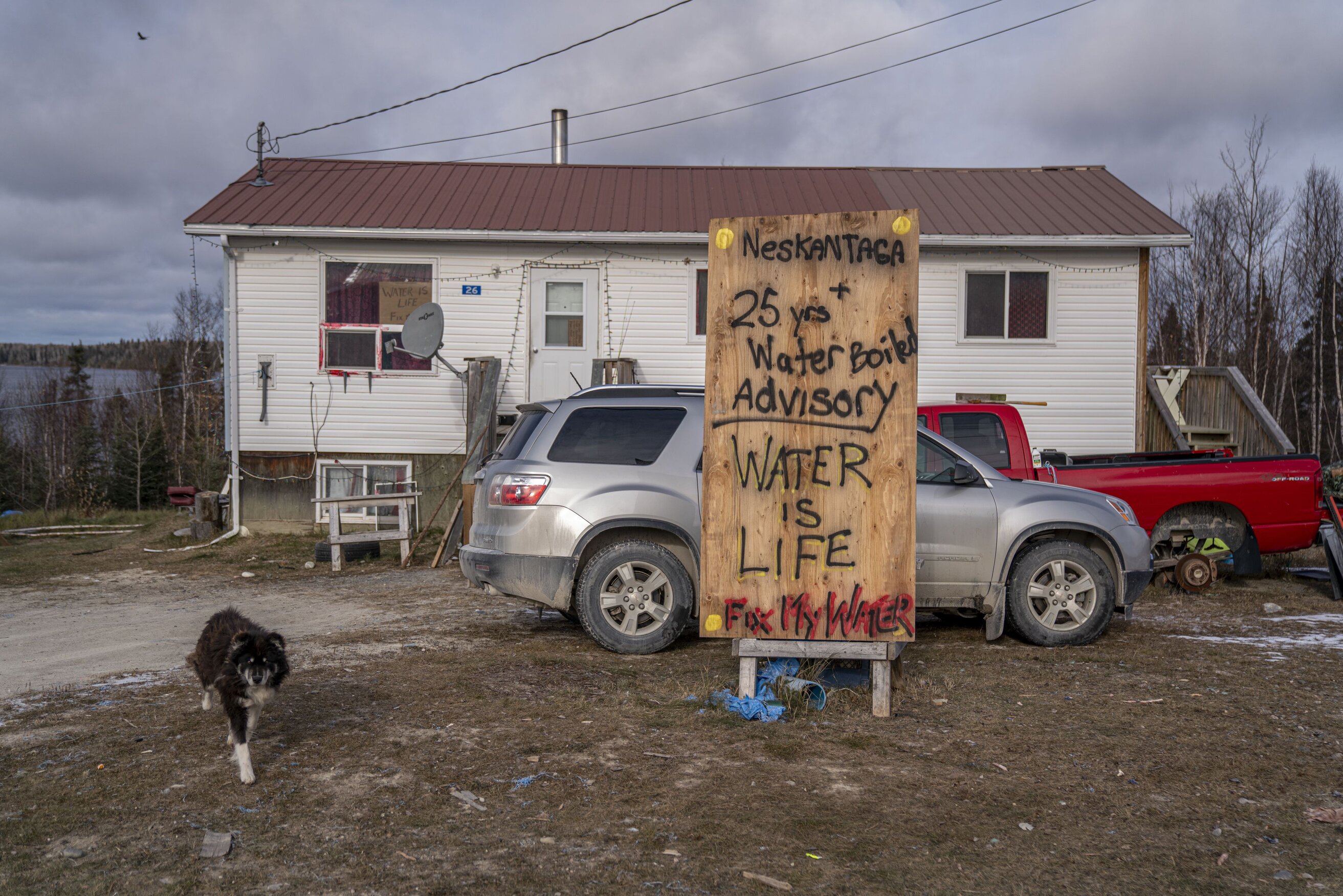
Canada reaches settlements with First Nations people over child welfare and clean water
The North American country is starting to pay for its mistreatment of its First Nations people – quite literally.
Canada has agreed to pay a total of 48 billion Canadian dollars ($37.7 billion) to resolve two different issues.
The first has a price tag of 40 billion Canadian dollars ($31.5 billion) and concerns discrimination against First Nations children in the child welfare system. The money is part of two agreements between the Canadian government and Indigenous groups.
One half will be used to compensate the children on reserves and in the Yukon that were removed from their homes between April 1991 to March 31, 2022. The other half will also pay for improvements to child welfare and family services on the reservations.
Legal challenges addressing this issue have been going on for 15 years. A complaint was first filed with the Canadian Human Rights Tribunal back in 2007 by First Nations Child & Family Caring Society.
The Minister of Crown-Indigenous Relations, Marc Miller, told reporters that this is the biggest settlement in Canadian history before adding, “...no amount of money can reverse the harms experienced by First Nations children. Historic injustices require historic reparations.”
RELATED CONTENT
As of right now, the agreement has not been finalized. The parties have until March 31, 2022, to finalize and sign the agreement. If everything goes smoothly, the agreement should be implemented on April 1, 2022.
The second issue is that of clean drinking water, or really the lack thereof. The government will have to pay 8 billion Canadian dollars ($6.2 billion) over 9 years in damages and to fix the water infrastructure on First Nations reserves. Under the settlement, more than 250 reserves that have had boil orders in place for over a year will be able to get 500,000 Canadian dollars each.
One of the catalysts for this suit were the assessments of the water plant on the Curve Lake reserve. Ontario’s local government determined how well the plant disinfected water to be substandard, while the federal government found the plant’s issues to be “low risk.”
Water contamination from bad water infrastructure is why many reserves are on long-term boil orders. The longest is the Neskantaga First Nation reserve, which has had a boil order in place for over 25 years. They also had to leave their reserve for two months in 2020, due to “an oily sheen” in their reservoir. It was later determined that the sheen came from mineral oil from a broken pump.
They joined Curve Lake in filing a lawsuit. A separate, but similar lawsuit was filed by the Tataskweyak Cree Nation. The 8 billion settlement covers both suits.
In addition to financial compensation, this agreement will establish the First Nations Advisory Committee on Safe Drinking Water.











LEAVE A COMMENT: